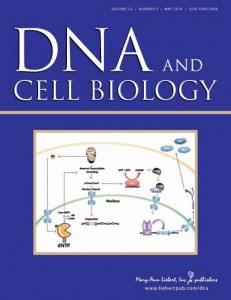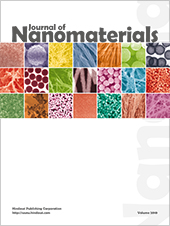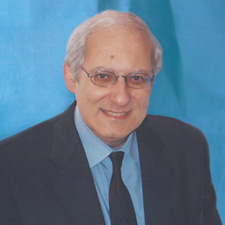 A Chinese researcher has lost a paper after the journal discovered he published others’ research without permission and lied about the grant funding he used for the work.
A Chinese researcher has lost a paper after the journal discovered he published others’ research without permission and lied about the grant funding he used for the work.
Yihang Shen published a paper using his PhD research on the molecular biology of fetal rodent livers earlier this year in DNA and Cell Biology. Unfortunately, he didn’t have permission to publish the data. He also omitted the names of people who participated in the research, and listed an incorrect funding source.
The “cited grant,” according to the journal editor, was a grant awarded to Richard Finnell, a UT Austin researcher who often works with Shen’s PhD advisor at Shanghai Jiao Tong University, the well-known geneticist Fanyi Zeng.
Here’s the notice for “Characterization of Hydroxymethylation Patterns in the Promoter of b-globin Clusters in Murine Fetal Livers”: Continue reading Use of data “without permission,” bad authors list, and hidden funding sink mol bio paper







